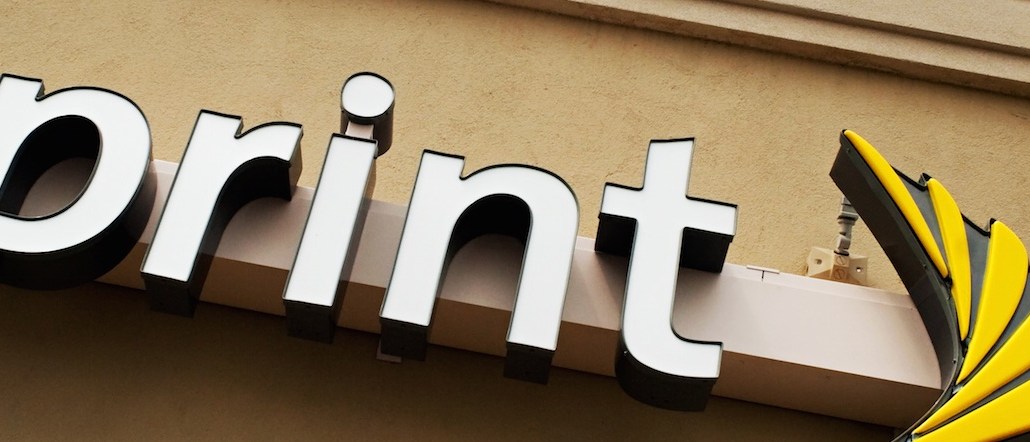Last chance to save on Digiday Publishing Summit passes is February 9

Sprint has long been in a heated battle with its competitors, like AT&T and T-Mobile, for customer’s cash, but now people are saying the company took its hits to a new low.
In a new ad, Sprint CEO Marcelo Claure plays a game of word association with a group people (“not actors,” it says at the start) asking them what they think of its competitors.
“I’m going to tell you a carrier name, and I want you to tell me what comes to your mind,” he says and turns to the person, a white woman, sitting next to him, what she thinks of T-Mobile.
“Oh my god,” she gasps, “the first word that came to my mind was ‘ghetto!’” The woman continues: “That sounds, like terrible…People who have T-Mobile are just like,” she stutters appearing to neuter her next thought, “Why do you have T-Mobile?”
Her name is not given, but it’s a safe bet her middle name is Judgey.
Claure shared the ad on Twitter yesterday afternoon, where it wasn’t warmly received or interpreted as clever as he thought it would be:
@marceloclaure I’m a sprint customer and I will be canceling my service. That is so racist. My wife is black. You just lost two customers
— Douche Canoe (@DesignerCunt) April 13, 2016
@marceloclaure, Still tasteless and insensitive to air this classist and racist woman in your ad. It’s an expensive lesson in negative PR.
— Mike Graham (@Mike626) April 13, 2016
.@marceloclaure Define ‘Ghetto’? part of city in which members of minority group live esp. bc of social, legal, or economic pressure @Sprint
— Roy D (@royd77) April 13, 2016
@marceloclaure But it is. It’s framed it as an ad. Sprint’s name is on it. It’s racist.
— Two Fingers (@twofingersmusic) April 13, 2016
Hours later, Claure commented on the outrage. “We’re sharing real comments from real customers. Maybe not the best choice of words by the customer,” he tweeted. “Not meant to offend anyone.”
He then half-heartedly apologized on Twitter. “My job is to listen to consumers. Our point was to share customer views. Bad judgment on our part. Apologies. Taking the video down.”
More in Marketing

Star power, AI jabs and Free Bird: Digiday’s guide to what was in and out at the Super Bowl
This year’s Big Game saw established brands lean heavily on star power, patriotic iconography and the occasional needle drop.

In Q1, marketers pivot to spending backed by AI and measurement
Q1 budget shifts reflect marketers’ growing focus on data, AI, measurement and where branding actually pays off.

GLP-1 draws pharma advertisers to double down on the Super Bowl
Could this be the last year Novo Nordisk, Boehringer Ingelheim, Hims & Hers, Novartis, Ro, and Lilly all run spots during the Big Game?





